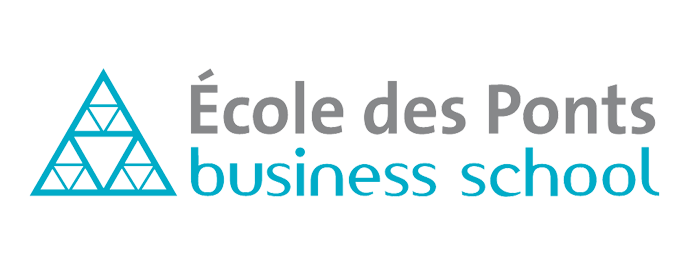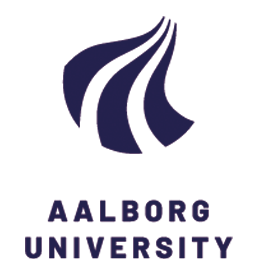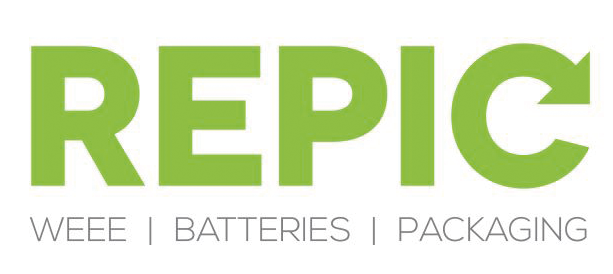What skills and competences are needed in the circular economy? CERES survey for companies tries to investigate the matter
16 Ottobre 2023
Read the original version of the article in Italian on Economiacircolare.com
The survey launched by CERES is now available. This document is specifically designed for companies and aims to assess the professional roles and skill sets necessary for the comprehensive adoption of the circular model. Additionally, the survey aims to delve into the awareness levels surrounding the circular economy, the eagerness to transition in this direction, and the potential obstacles that may be encountered. These obstacles may include not only a lack of skills but also a shortage of resources, among other factors.
This survey is the outcome of the working group tasked with analyzing the needs in the market, specifically addressing the gap between the demand for new competences and skills in the circular economy and the existing educational offerings. The project’s activities are organized into four broad areas, each with distinct yet complementary fields of investigation and action. These areas encompass the needs analysis, the development of updated curricula for higher education (HE) and vocational educational training (VET), the implementation of these updated curricula through courses and modules, and the establishment of a digital hub aimed at fostering collaboration and competence-building between the realms of education and the circular economy.
The skills that WEEE, textiles, wind energy and automotive sectors require
As previously mentioned, the purpose of the needs analysis is to pinpoint the competencies and skills that are currently deficient in Europe and its partner countries (Denmark, Italy, France, Bulgaria, and the United Kingdom) when it comes to transitioning towards a circular economy. This analysis is intended to generate a report that offers data and recommendations for the advancement of training in this domain.
The ultimate objective is to effectively tackle the challenges associated with the transition to a circular economy and the European Green Deal, while aligning with the inevitable transformations that the labor market will undergo. According to the report ‘Labour market impacts of the circular economy’ by Circle Economy, the net job increase resulting from the transition to a circular economy in the European Union is projected to be approximately 700,000 jobs by 2030.
The research will be concentrated within four sectors: WEEE (Waste Electrical and Electronic Equipment), textiles, wind energy, and the automotive industry.
The working group in question is primarily led by labor market partners who maintain direct contact with companies, notably ECO. It also includes Repic, Cleantech Bulgaria (CTBG), and several academic partners, such as Aalborg Universitet (AAU) in Denmark, Politecnico di Milano (POLIMI), Politecnico di Bari (POLIBA), the Centre for Documentation on Environmental Conflicts (CDCA), and the French École des Ponts Business School (EPBS).
The partners will conduct a review of existing training offers at both European and national levels in Vocational Education and Training (VET) and Higher Education (HE). Following this review, they will offer accessible insights to support competence development and foster the growth of the circular economy education sector. Additionally, the review will consider what the academic and training world already offers for individuals interested in pursuing this path, including students and professionals.
By combining these two aspects, one closely associated with the corporate world and the other with the academic world, it becomes possible to map the current state of the art within the circular economy circuits.
Methodology and requirements
“Studies on circular economy skills needs have been conducted,” Sarah Downes of Repic explains, “and courses are already available, but none focus exclusively on WEEE or the entire value chain. At this stage of the project, CERES fits into this context, as it analyzes these dimensions by focusing specifically on individual sectors, such as WEEE, to identify the additional skills and training required and how best to address them”
“Achieving the circular economy for WEEE,” she adds, “requires the cooperation of the entire value chain. Our approach is to collaborate with partners who are already active in skills development and training needs to comprehend ongoing efforts and future objectives. We also aim to work with networks of producers, local authorities, recyclers, and their associations to evaluate their skills and training requirements across the complete value chain. This approach will assist us in assessing market supply and demands.”
The CERES Response: Addressing Circular Economy Skills Gaps
The comparison of market analysis and existing literature and training research will contribute to the Circular Economy Digital Innovation Hub (CE-DIH), an online networking platform designed to facilitate the exchange of knowledge, learning opportunities, and collaboration between the realms of education and business in the field of the circular economy.
“For example,” Paulina Caldarelli of ECO explains, “a WEEE treatment plant informed us that they require individuals with expertise in the field of chemistry. They need people who can identify the chemical components within electronic chips in the incoming waste. If several treatment plants express such a need, and if our literature review reveals a shortage of specific courses in the academic world, this will serve as a significant indicator to be considered in the development of curricula and training programs that the CERES project will undertake in the future.”
The survey will be distributed to European companies and subsequently utilized to compile a report detailing the needs of various sectors within the countries participating in the project.










